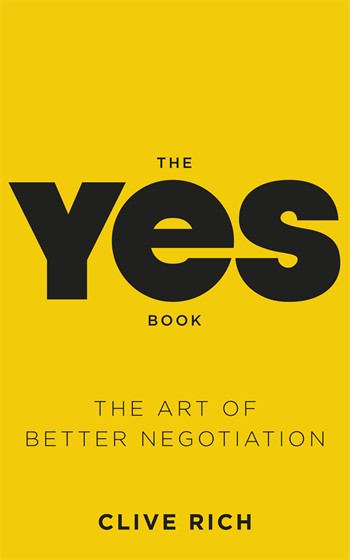 The latest stats from Tesco showing a dip in revenues are interesting from a negotiating point of view.
The latest stats from Tesco showing a dip in revenues are interesting from a negotiating point of view.
First they show that when it comes to bargaining power “size” isn’t everything. Second they remind us that the rules of the negotiation game have changed, and that if you don’t negotiate equitably – including with consumers, you can get yourself into trouble.
Tesco is of course a “giant” among supermarkets, with a market share of over 30% – nearly twice that of its nearest rivals. However, there are at least 9 sources of bargaining power and Tesco doesn’t have an exclusive grip on all of them. “Niche” market power can still be very important even if you don’t have scale. “Expertise” and “Information” are important sources of bargaining power. So are “network” power and “authority” power. The latter can stem from seniority or other forms of reputational enhancement – e.g. integrity. As Asda and Sainsbury begin to make inroads into Tesco’s market share this can be re-framed as Tesco’s rivals beginning to utilse their bargaining power more effectively than Tesco in the ongoing negotiation for consumers’ attention and custom.
Secondly it is interesting to note Tesco being tripped up by making what seem to be somewhat economical statements with regard to price cuts – with publicised price cuts of some goods being matched by unpublicised price hikes for other goods. One of the more dramatic features of the democratisation of the web caused by social media, such as Twitter and Facebook, is the impact that it has on negotiations between big public-facing organisations and the public upon whose support they rely. This applies to Governments and also big brands. If these big organisations don’t treat their constituencies ethically, equitably and with a sense of social responsibility, then their reputation can be badly damaged. Just ask some of the Arab governments currently dealing with the fallout from the Arab Spring.
The research from the “Grocer” which exposed Tesco’s cunning approach on pricing will already have been circulated to hundreds of thousands of users and potential customers through social networks. This kind of PR setback has an impact, because your integrity is a critical component of your success as a negotiator. If people feel they can’t believe what you say then you are in trouble. The research from the “Grocer” may make some customers more wary of offers which Tesco makes to them in future. It may even make some of them switch to other supermarkets.
So, in the ongoing “negotiation” for consumer engagement, “top-down” marketing supported by clever spin won’t work anymore. As a brand you have to operate authentically and with integrity, otherwise you risk losing out in your “dealings” with consumers…

